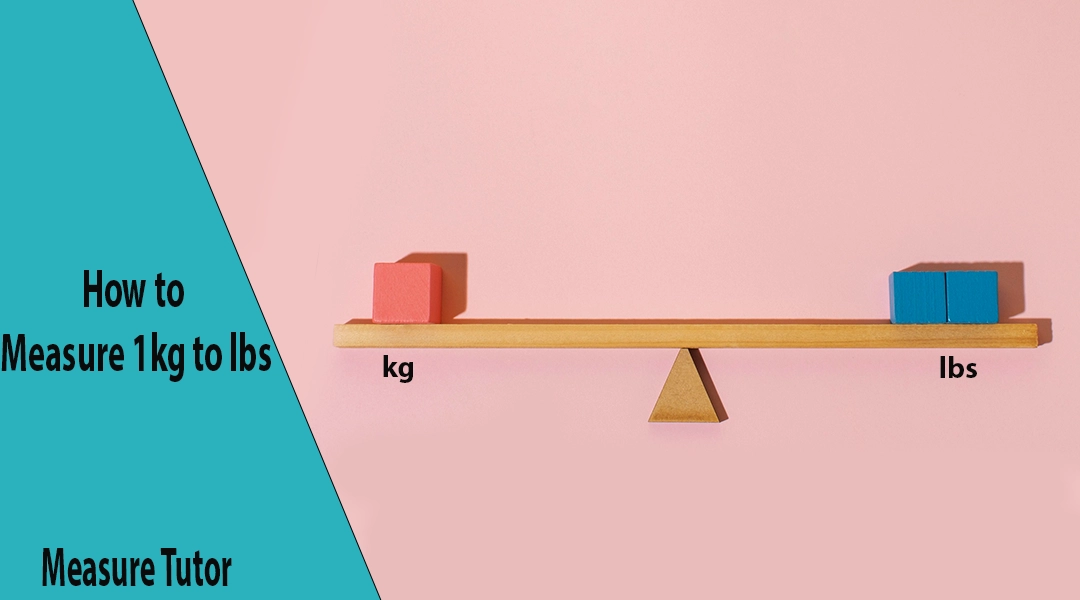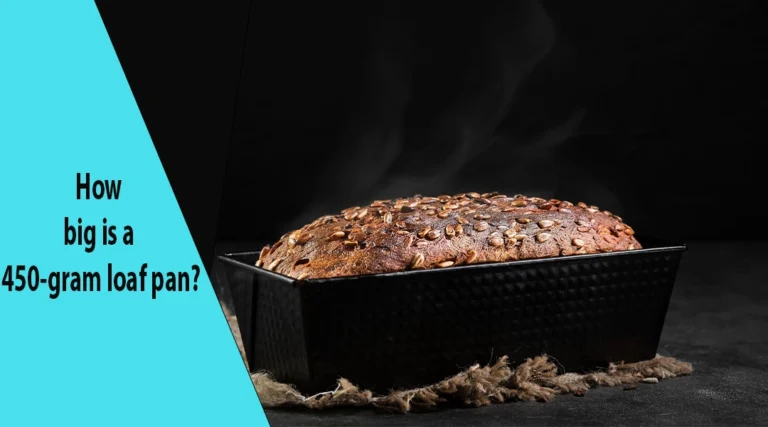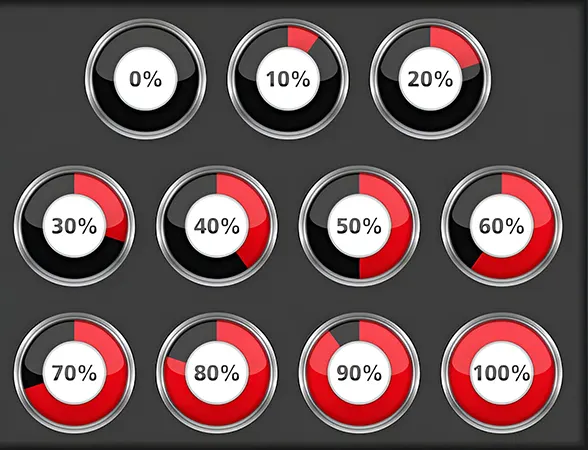How to Convert 1kg to lbs: Mastering Conversions with Confidence
Converting between different units of measurement is a fundamental skill with wide-ranging applications in daily life, science, and commerce. One common conversion that often arises is the need to convert 1kg to lbs. Whether you’re following a recipe, comparing product weights, or understanding international weight standards, knowing how to convert kg to lbs is essential.
In this article, we’ll delve into the straightforward process of mastering this conversion, providing you with the knowledge and tools to confidently handle such conversions with ease and precision. Let’s explore the simplicity and importance of converting 1 kg to pounds for various practical purposes.
Understanding the Conversion of kg to lbs
Converting 1 kilogram (kg) to pounds (lbs) involves understanding the relationship between these two units of weight. The conversion factor between kg and lbs is approximately 2.20462 lbs per kg. This means that for every kilogram, there are approximately 2.20462 pounds. Knowing this precise conversion factor is crucial for accurate conversions in various contexts.
- Precision in Applications: In fields such as science, engineering, and medicine, precise conversions are essential. For instance, in pharmaceuticals, medication dosages may be specified in kilograms but need to be administered in pounds for patients in regions where pounds are commonly used.
- Convenience in Daily Life: Even in everyday scenarios like cooking or shopping, understanding the conversion between kg and lbs can be helpful. For example, when following a recipe that lists ingredients in kilograms but needing to purchase those ingredients in pounds at the grocery store, knowing how to convert between the two units is invaluable.
In the next section, we’ll explore the formula for converting kg to lbs in more detail, providing a clear understanding of the process.
The Formula for Conversion from kg to lbs
Converting kilograms (kg) to pounds (lbs) involves a straightforward formula that utilizes the conversion factor we discussed earlier: 1 kg ≈ 2.20462 lbs. This formula allows us to convert between the two units with ease and accuracy.
- Pounds to Kilograms: To convert pounds to kilograms, you simply divide the weight in pounds by the conversion factor. The formula is:
- Kilograms (kg) = Pounds (lb) ÷ 2.20462
- Kilograms to Pounds: Conversely, to convert kilograms to pounds, you multiply the weight in kilograms by the conversion factor. The formula is:
- Pounds (lb) = Kilograms (kg) × 2.20462
Understanding these formulas is essential for performing conversions accurately. For instance, if you have a weight in kilograms and need to know its equivalent in pounds, you would use the second formula.
Step-by-Step Guide for Converting 1kg to lbs
Converting 1 kilogram (kg) to pounds (lbs) is a simple process when you follow a systematic approach. Below is a step-by-step guide to help you convert 1 kg to lbs effortlessly:
- Know the Conversion Factor: As discussed earlier, the conversion factor between kilograms and pounds is approximately 2.20462 lbs per kg. This factor is crucial for accurate conversions.
- Set Up the Conversion Equation: To convert 1 kg to lbs, we’ll use the formula:
- Pounds (lbs) = Kilograms (kg) × 2.20462
- Perform the Conversion: Plug in the value of 1 kg into the formula:
- Pounds (lbs) = 1 kg × 2.20462
- Calculate the Result: Multiply 1 kg by the conversion factor:
- Pounds (lbs) ≈ 1 kg × 2.20462 ≈ 2.20462 lbs
- Round the Result (Optional): Depending on the level of precision required, you may round the result. In this case, the result is already rounded to five decimal places for simplicity.
How to Convert Using Online Conversion Tools?
Converting kilograms (kg) to pounds (lbs) can be made even simpler and more convenient with the help of online conversion tools. These tools offer quick and accurate conversions, saving time and effort. Here’s a brief overview of how to utilize online conversion tools effectively:
- User-Friendly Interface: Online conversion tools typically feature intuitive interfaces, making them easy to use for anyone, regardless of their technical expertise.
- Accessibility: These tools are accessible from any device with an internet connection, including computers, smartphones, and tablets, making them readily available whenever you need to perform a conversion.
- Accuracy: Reputable online conversion tools are designed to provide precise results, ensuring that your conversions are accurate for any application.
- Variety of Units: In addition to converting kilograms to pounds, online tools often offer the ability to convert between a wide range of other units of weight, such as grams, ounces, and stones. This versatility allows users to handle various conversion needs efficiently.
- Step-by-Step Guidance: Many online converters provide step-by-step guidance on how to use the tool, ensuring that users can easily navigate the conversion process without confusion.
- Real-Time Updates: Some online conversion tools offer real-time updates, ensuring that the conversion factors used are always up-to-date and accurate according to the latest standards.
- Convenience: With online conversion tools, you can perform conversions quickly and conveniently, eliminating the need for manual calculations or reference to conversion tables.
- Accessible Anytime, Anywhere: Whether you’re in the kitchen, at the grocery store, or in a laboratory, online conversion tools are accessible anytime and anywhere, providing instant assistance whenever you need to convert kilograms to pounds or vice versa.
Conversion Chart for 1 kg to Pounds
Here’s a conversion chart showcasing equivalent values of 1 kilogram (kg) in various units of weight, including pounds (lbs), ounces (oz), grams (g), milligrams (mg), and stones (st)
| Units | Equivalent Value of 1 kg |
|---|---|
| Pounds (lbs) | 2.20462 |
| Ounces (oz) | 35.27396 |
| Grams (g) | 1000 |
| Milligrams (mg) | 1000000 |
| Stones (st) | 0.15747 |
Conclusion
In conclusion, mastering the conversion from kilograms to pounds, especially focusing on converting 1 kg to lbs, is essential for various practical applications. By understanding the conversion factor, utilizing formulas, and leveraging online tools, individuals can ensure accuracy and efficiency in their conversions. Whether in cooking, shopping, or scientific pursuits, proficiency in this conversion enhances adaptability and global awareness, empowering individuals to navigate diverse contexts with confidence and precision.







